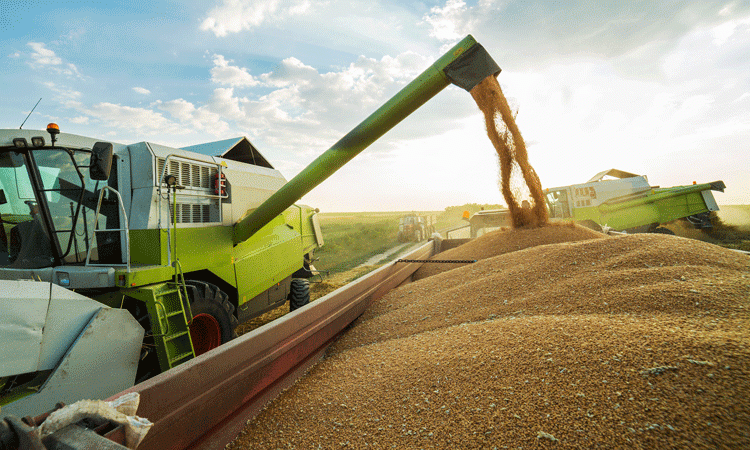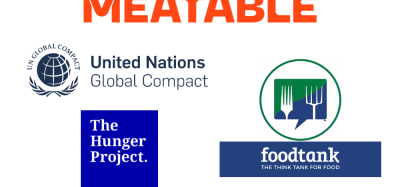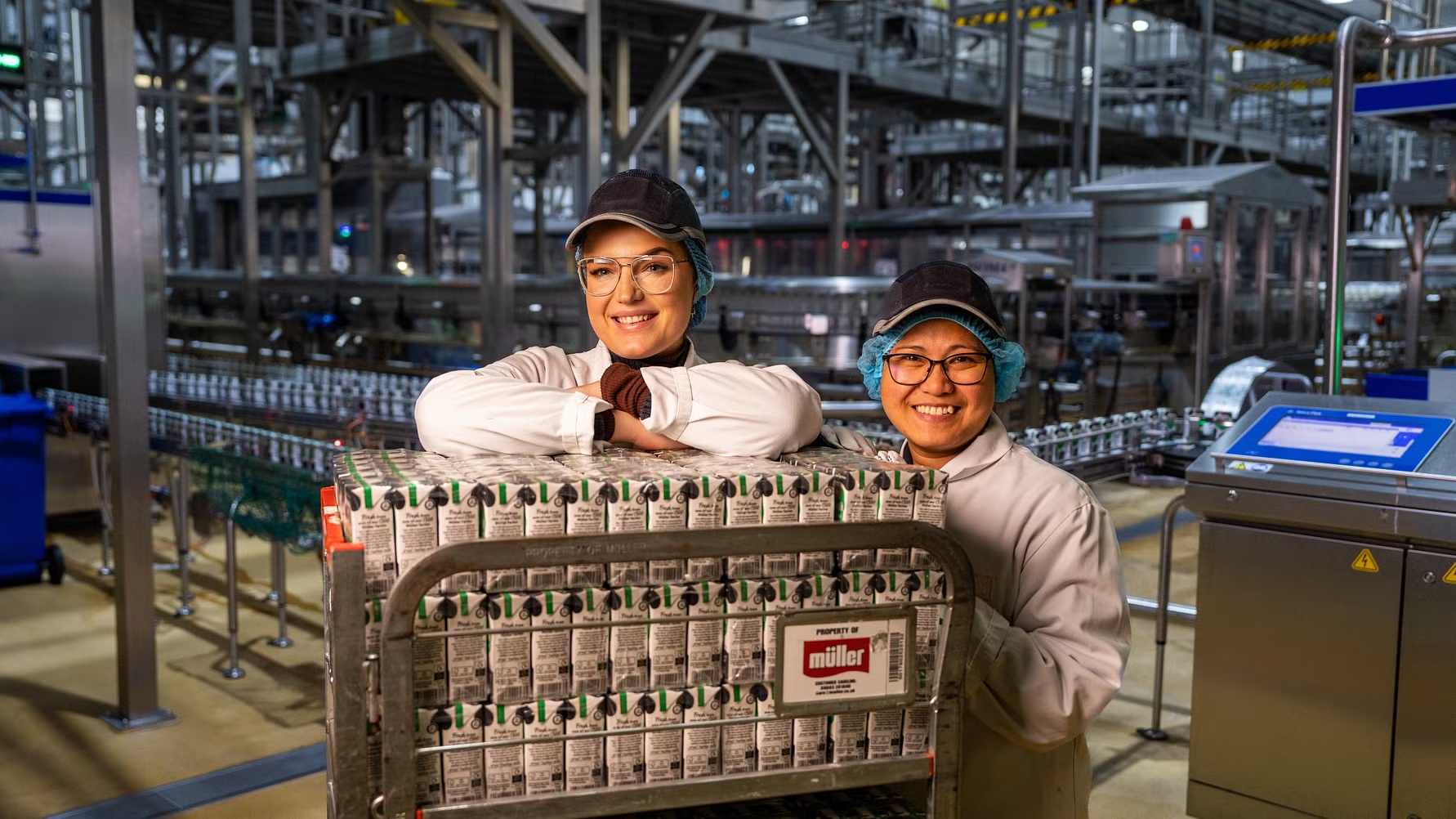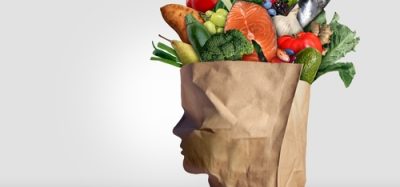UK food prices to rise ‘five per cent due to extreme weather’
- Like
- Digg
- Del
- Tumblr
- VKontakte
- Buffer
- Love This
- Odnoklassniki
- Meneame
- Blogger
- Amazon
- Yahoo Mail
- Gmail
- AOL
- Newsvine
- HackerNews
- Evernote
- MySpace
- Mail.ru
- Viadeo
- Line
- Comments
- Yummly
- SMS
- Viber
- Telegram
- Subscribe
- Skype
- Facebook Messenger
- Kakao
- LiveJournal
- Yammer
- Edgar
- Fintel
- Mix
- Instapaper
- Copy Link
Posted: 28 August 2018 | Mike Stones | No comments yet
Record high and low temperatures combined with prolonged drought in many parts of the country, will drive up costs to UK consumers by £45 million, predicts CEBR.


UK food prices are predicted to rise by 5% due to extreme weather.
UK food prices are set to rise by at least five per cent, due to the sweltering summer preceded by the very cold winter, according to the consultancy Centre for Economics and Business Research (CEBR).
Record high and low temperatures combined with prolonged drought in many parts of the country will drive up costs to UK consumers by £45 million, the group estimated, based on research by the Department for Environment, Food and Rural Affairs (DEFRA). The price rise is predicted to add an extra £7.15 to monthly household bills.
The extreme weather – which is raising producers’ costs while lowering yields – has already boosted UK food prices, particularly for vegetables. For example, between March and July, the farm gate price of carrots climbed by more than 80 per cent, and lettuce by over 60 per cent, while the price of bread wheat rose by 20 per cent, predicted the European Commission.
Bread wheat prices rose by 20 per cent
Continental record temperatures are also expected to have an impact. Much of the UK’s grain – used to feed livestock and produce food products – is imported from Europe. While grain stocks have prevented prices from rising drastically, industry forecasts and futures prices both point toward future price hikes.
Wheat is a particular concern. The European wheat harvest will be about five per cent down on last season, said the International Grains Committee. In the last week of August, European wheat futures were trading at about 30 per cent higher than four months previously.
Dairy and meat production had also suffered during the record temperatures. Dairy production fell for 11 consecutive weeks until recently, as the hot weather and drought restricted grass growth. This has driven farm gate butter prices to rise by nearly a quarter (24 per cent) since March.
Impacts of the drought
Yet even when grass growth returns to normal, the impacts of the drought will continue to be felt, as some farmers are having to rely on reserve feed supplies to boost production. That will inevitably force feed costs higher this winter.
The heat also impacted the fertility of pigs and contributed to an eight per cent rise in piglet prices since March. However, short-term red meat prices are expected to fall slightly, as farmers sell livestock earlier than normal to reduce the burden on grazing land. In the longer term, prices are set to rise as feed availability is affected by a weak harvest.
At the beginning of this month, the National Farmers Union (NFU) invited DEFRA and other government organisations to attend a Drought Summit to mitigate what it described as “the crippling impact of the dry, hot weather on farms across the country”.
Commenting last month, NFU President Minette Batters said: “This unprecedented spell of weather really should be a wake-up call for us all. It’s a timely reminder that we shouldn’t take food production for granted. Farming is one of the most affected industries when it comes to managing volatility. We need government policies that invest in our sector and to support the vital work of farmers as food producers.”
DEFRA’s research indicated that commodity price spikes can take 18 months to feed through into inflation. So, while summer may be nearly over, its effect on food prices is likely to prove far longer lasting.
Meanwhile, more information on the CEBR research is available here.
|
Extreme UK weather lifts food prices
Source: CEBR |
Related topics
Related organisations
Centre for Economics and Business Research, DEFRA, International Grains Committee, National Farmers Union








